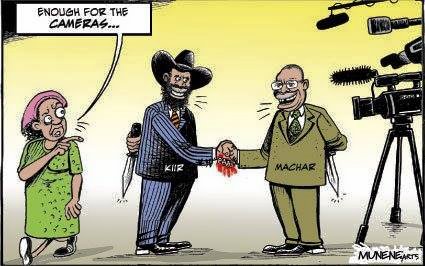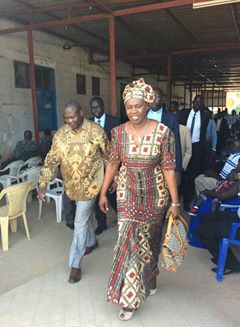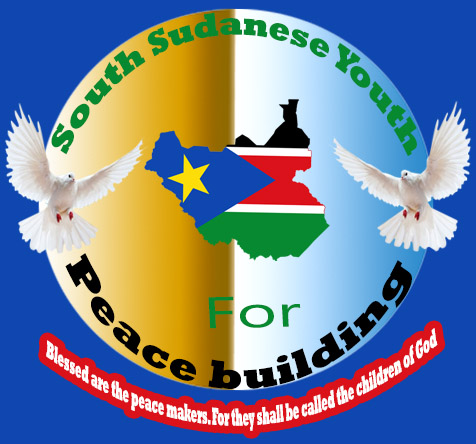By Emmanuel Ariech Deng, Juba, South Sudan

May 26, 2016 (SSB) — In attempting to recapture the obstacles of 2013 to 2016, the formation of the Transitional Government of Nation Unity (TGoNU) and what will happen in 2018, 2019 or 2020 predictably, foresees that there will be no free and fair elections unless there are constitutional and electoral reforms before the designated time for general elections. What constitutes the free and fair elections is the institution in itself to be established and independent from the influence of [political parties and the incumbent government]. Without earlier installations of these, chances of conducting elections in 2018 are likely to be impossible or appalling in respect to the disappearing crippling economy of the country.
Who will break this political deadlock between SPLM and SPLM-IO? in their feet dragging attitudes towards full implementation of the ARCISS and other burdens associated to the document such as the delivery of humanitarian needs to the IDPs, the security improvement, the dangling economy albeit the development of the country infrastructure remains deplorable amidst the political stalemate. The public is eager to hear from the signatories of ARCISS and the TGoNU recently formed to get relief from the suspicions of why the interim administration has gone slow and imperceptible in their programs and priorities since inception in late April to early May this year.






Extend the life of TGoNU to 5 Years or it will collapse into a political quagmire (part 1)
Posted: May 26, 2016 by PaanLuel Wël Media Ltd. in Columnists, Commentary, Mayen Ayarbior, Opinion Articles, Opinion WritersBy David Mayen Ayarbior, Juba, South Sudan
new cabinet of TGoNU
May 26, 2016 (SSB) — When a civil conflict (war) ends in a stalemate and is concluded through a power-sharing agreement two scenarios are expected. Either parties to the war agree to usher-in a new political dispensation or to reverse the clock in order to start again but with an objective not to repeat past mistakes. The former is always the best option even though it may come with a new package of pitfalls which the parties might not be accustomed to. But it is the better option nevertheless, because old ways of governancewhich lead to the civil strife might be eliminated altogether. The latter option is what our country has always chosen for resolving conflict. In fact, we have even gone a step further in what has now become a popular phrase in our political vocabulary: “rewarding rebellion,” where village guerrillas could almost automatically rise from dangerous armed civilians to fully-fledged Brig. General or Lt. General, depending on the amount of “headache” they caused the state.
Even though the recently halted civil war is completely different in scale and scope, a fact that warranted an internationally backed peace accord, the formula adopted to bring it to an end was informed by the same principle of rolling back the time so that everybody could breath. It was the negotiators’ (well, mediators’ for political correctness) failure to envision a new viable South Sudan where a President and Prime Minister would work together to create new institutions that might absorb probabilities of conflict recurrence. And now that the country is back to square zero, our mediators and negotiators saw it wise that the two principles (President Salva and Dr. Riek) should battle it out at the ballot box to determine who should rule the country; another myopia as to what the country needs after it has been totally destroyed and brought down to its knees begging for mercy.
(more…)
Share this: